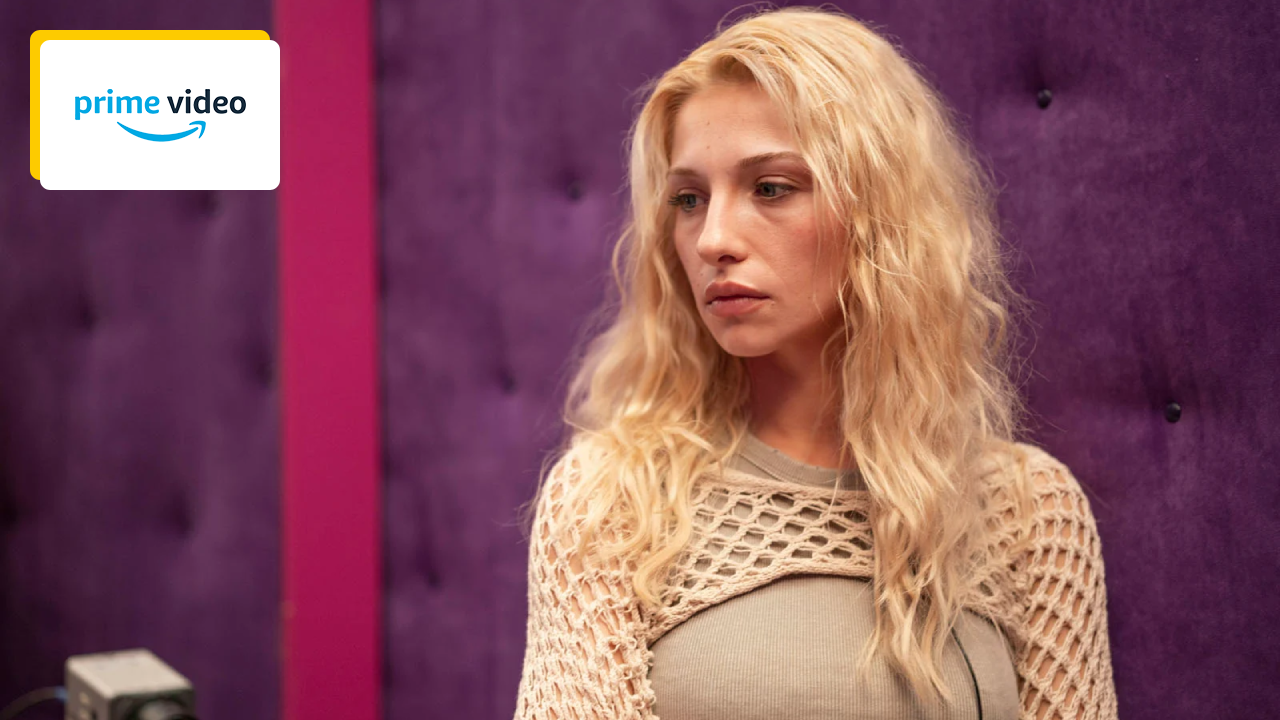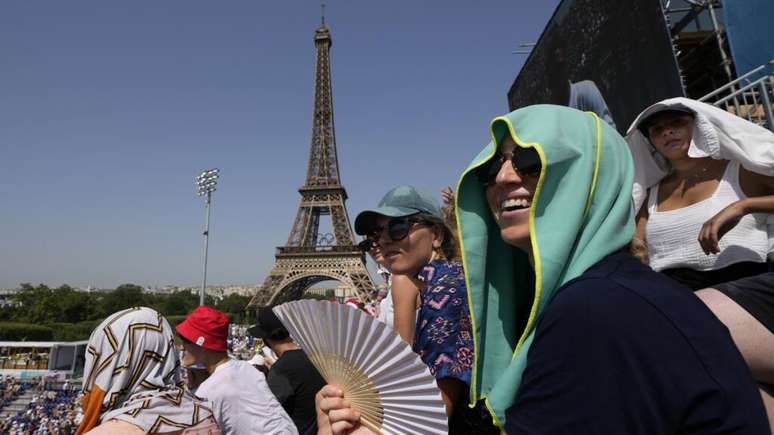On the day of Culte’s premier video release, AlloCiné’s editorial team had the opportunity to speak with Máthe Ruman and Nicolas Slomka, two of the creators of the series. A real behind-the-scenes look at the Loft Story show, Culte traces the birth of reality TV in France! And you’ll see that this somewhat crazy project has been in the works for over a decade.
AlloCiné: What made you want to create a series on Loft Story?
Mathieu Roumann and Nicholas Slomka : Everything started almost 10 years ago! It was in 2012, we saw a social network that told us about something completely incredible, namely the creation of Facebook. Before going to see the movie, we said to ourselves: But who would be interested in creating Facebook, and why might this be good news?
And we came away from the film very excited about this nervous writing and what we call office drama, that is, the dramas that can be played out in the corridors of companies and the power struggle with characters who are not always gentle. We said to ourselves: “What shook French society like Facebook did around the world?”
That’s when we remembered Loft Story and the huge phenomenon it was. We started doing our research and very quickly, we told ourselves that there was a great story to tell.
which one
What we discovered at that time, which we did not expect at all, was that behind the loft was another loft with a whole staff, a whole production, in which a real thriller was playing.
It was a story full of twists, dangers, great tension and human drama, and it had all the ingredients for a good story and a good series.
Why did we choose to make Isabelle your hero when we probably expected it to be Loana?
It was obvious to us. Needless to say, the loft was live for hours. We saw them, we were spectators at the time, and we told ourselves that what happened in the loft had already been told.
This is where I want to surprise the audience! They’ll probably come in thinking they’re going to see the stories of Loana and Jean-Edouard again, when they’re not going to see it at all.
They would see that the producers behind the mirrors were a bit like the Lofters: people who had been locked up for weeks, avoiding each other.
So the choice from the beginning was to focus on Isabelle’s character and leave Loana aside?
From the beginning, in our first version, Loana wasn’t even a character. He was a character we learned about. We knew it was there, but that’s it. We only stayed in production.
And then, the more we went on, the more we realized that he was a fascinating character and that people forgot what he was at the time. People think a lot about the Loana of today, and they think a lot about the swimming pool, but there was everything before that, that is, the whole story of its origin and its rough way of life up to that time.
And then everything, how he becomes in the loft, how he gains power over his image and how he asserts himself. This is something that people have completely forgotten, and we really wanted to say it, even if it was left in the background. It’s not the center of the series, but it’s an emotional core that’s very strong and really shines through.
There is something very interesting about Karim’s character. It becomes obsessive and gradually darkens. Did this happen to some journalists?
Karim is a fictional character, but one who embodies some truth. This disruption of the dissociation between the real and the virtual that journalists and story editors have experienced is absolutely real. The news spread and we wanted to tell you.
All these young journalists who spent hours and hours on casting and who then watched their candidate for eight hours a day didn’t want to go home. They felt like they were living with the Lofters, even though it was a one-sided relationship.
Lofters, they lived among themselves, but the story editors who listened to them and listened and watched them all day, at one point they had the impression that they knew them by heart, were their best friends, their guardians. Even if angels are false.
Was it important to you to condemn reality TV, but also the abuse of those people?
It’s not for us to appeal to reality television, because what we’re talking about is its birth. We are not yet talking about the excesses that may have happened later. It’s not really the point.
On the other hand, saying that this environment is a little basket of crabs is absolutely part of the project. Television is a very difficult environment. And we were interested in talking about human relations, which are based not on trust, but on power relations, on blackmail.
True, we discovered for the first time that the boss of M6 and the boss of TF1 actually met in the tower of TF1 and shook hands not to bring reality TV to France for the good of the country. We told ourselves that it was lunar, that it was completely crazy. These are people who have a lot of power and we really wanted to tell the story.
Source: Allocine
Rose James is a Gossipify movie and series reviewer known for her in-depth analysis and unique perspective on the latest releases. With a background in film studies, she provides engaging and informative reviews, and keeps readers up to date with industry trends and emerging talents.


![Everything starts here: What awaits you on Thursday, July 17, 2025 in the episode of 1221 [SPOILERS] Everything starts here: What awaits you on Thursday, July 17, 2025 in the episode of 1221 [SPOILERS]](https://fr.web.img3.acsta.net/img/d2/ea/d2ea04414756eebab5b843dd8b3686f5.jpg)





